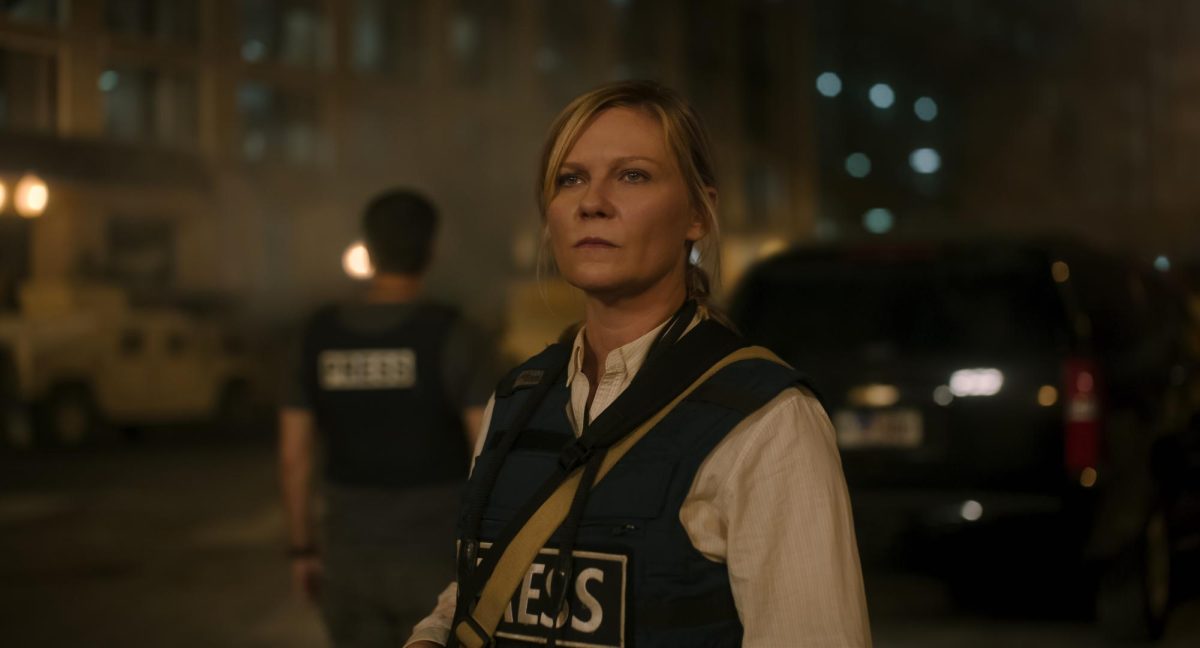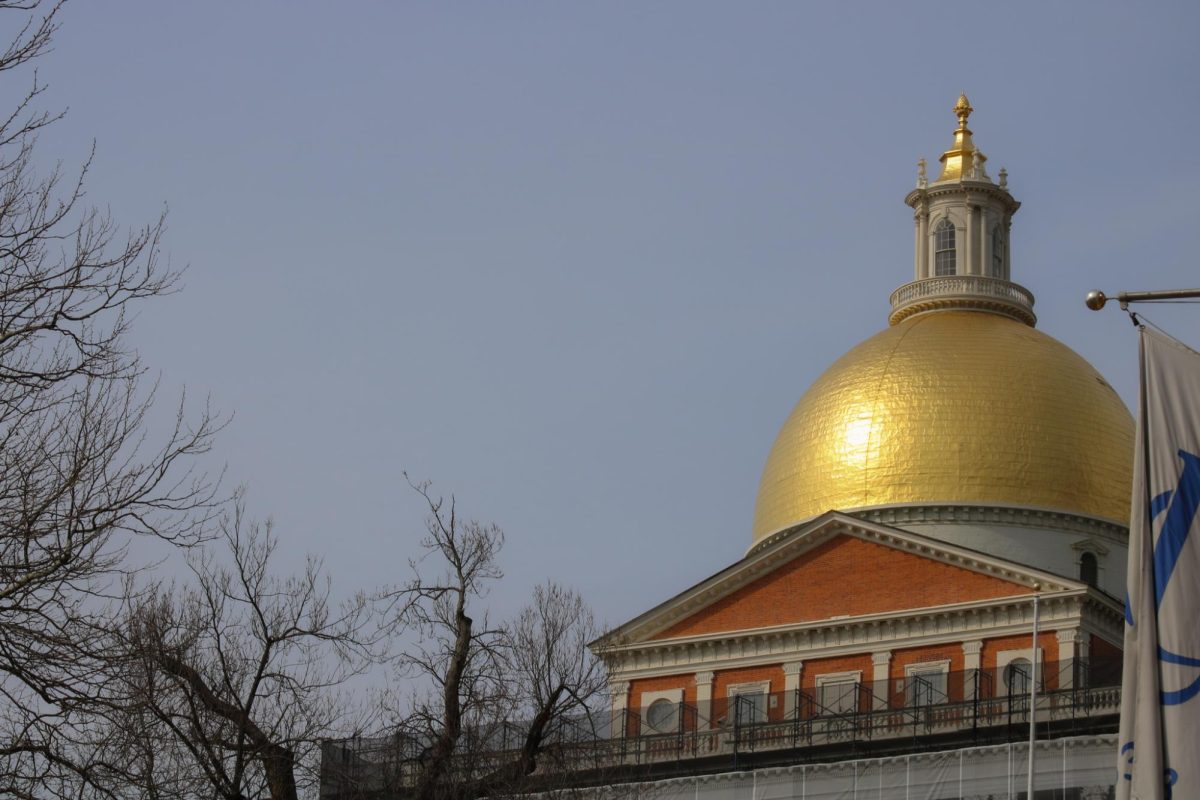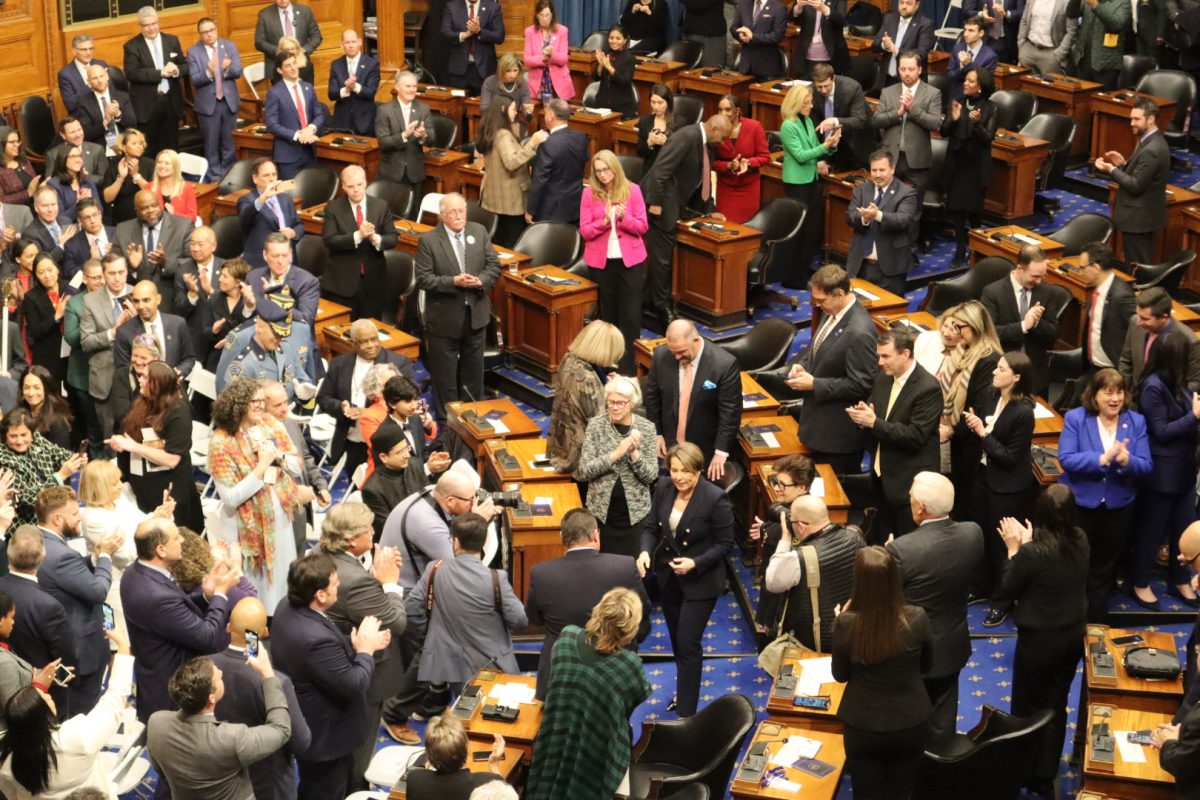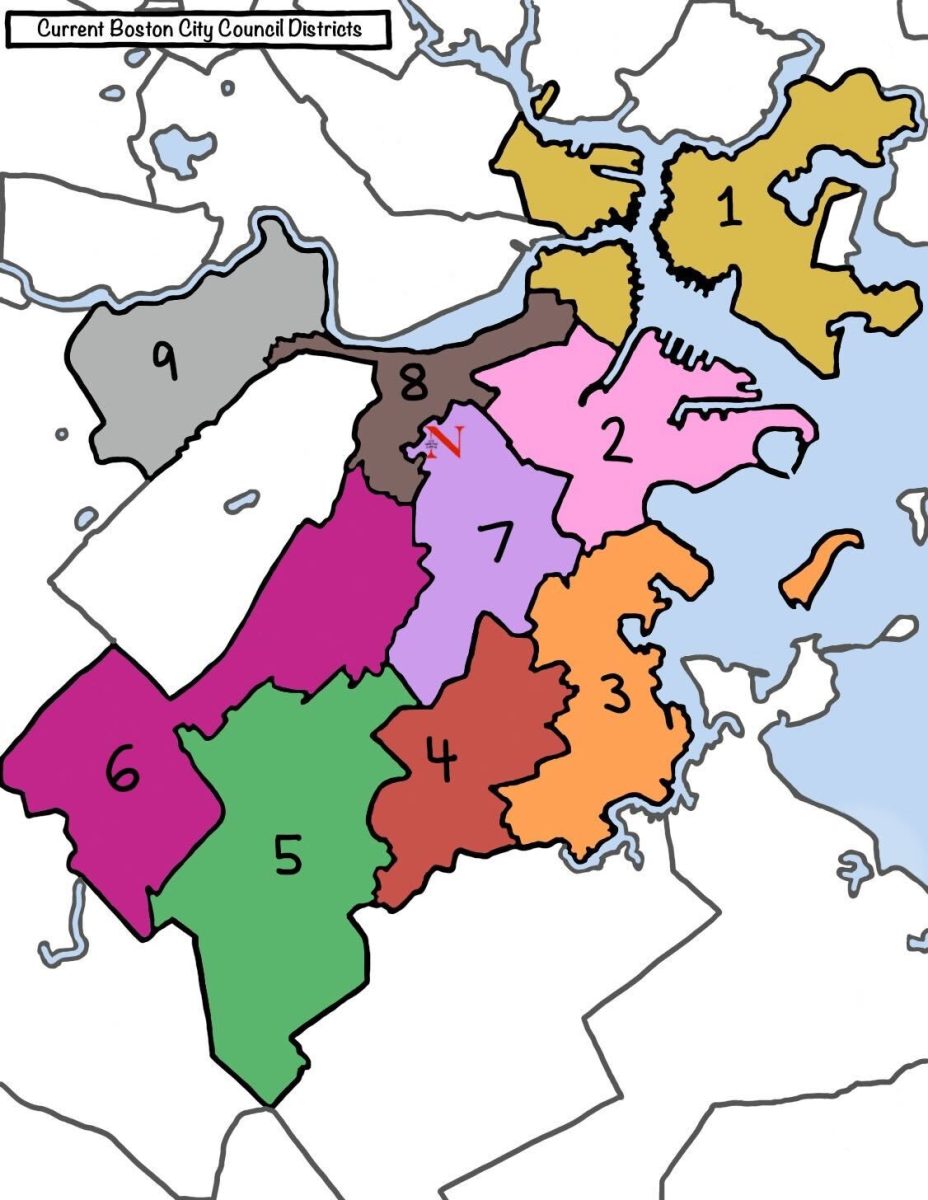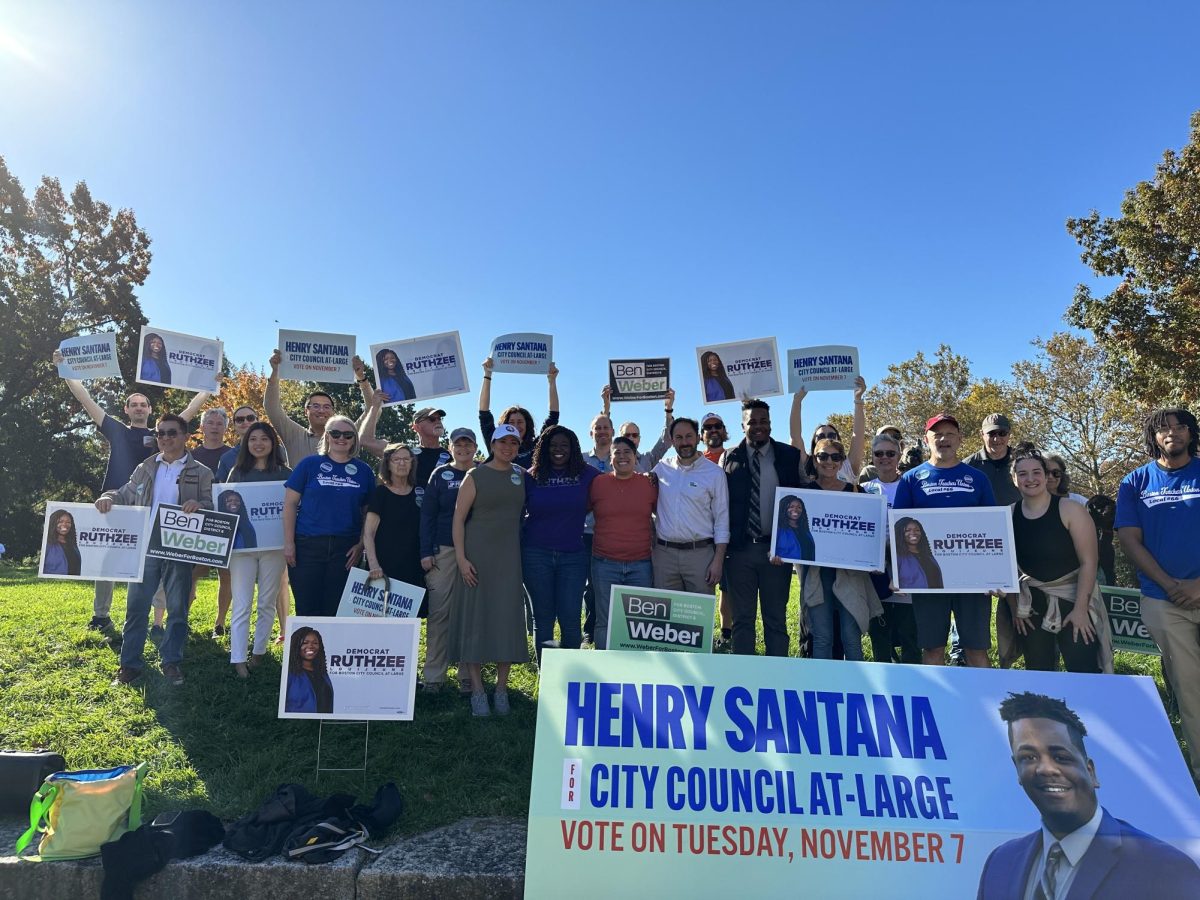Massachusetts is currently one of two states without any protections for survivors of image-based sexual assault, otherwise known as revenge porn. This means that victims in Massachusetts cannot charge their abusers with nonconsensually distributing sexual content.
If Bill H.4241, introduced during this year’s state legislative session and titled “An Act to Prevent Abuse and Exploitation,” is implemented into law, it will ban image-based sexual assault, and add coercive control — the pattern of behavior or actions used by a perpetrator to frighten, threaten, oppress and limit their victim — to the definition of domestic abuse. This would expand the definition of domestic abuse to include non-physical forms of abuse to the civil protection statute for survivors of domestic violence, according to Nithya Badrinath, the associate director of policy and advocacy at Jane Doe Inc.
For imaged-based sexual abuse survivor and advocate Katelynn Spencer, a 33-year-old from Wareham, getting this bill signed into Massachusetts law is essential.
“I will definitely break down and cry for excitement and to know that — God forbid this happens to anybody — at least they have protection. And they know that they can come forward and get justice and they won’t have to go through the bullshit that I had to go through,” Spencer said.
Co-sponsor of the bill, Lindsay Sabadosa, a Hampshire Democrat, explained that listening to victims’ statements inspired her to support the bill. “It felt like it was really important, plus you never want to be the state with the loophole and law enforcement telling you that they are unable to do their jobs because of that,” Sabadosa said.
Spencer said that in May 2020, she found out there were two sexual videos of her on a Pornhub account. She said the owner of the account was a childhood friend of hers who she became closer to in high school and started “hooking up” with, but never dated. Spencer said the video was published in 2010, but she didn’t find out until 2020. At 18, she said she was pressured into making a sexual video for the man. She said she was also unaware a second video had been recorded and had been published.
Since there was no law in Massachusetts to ban image-based sexual assault, the only charge the police could file against the man was distribution of obscene material, Spencer said. “The legal system is a joke,” she said. “They screwed me over. I got nothing. It’s just very frustrating but, again, at the end of the day I still have to continue with my life.” She said the videos have been distributed to dozens of websites in five other countries and are on the dark web with over five million views.
“It’s ruined my entire life. … I’m finally getting back on my feet, but it ruined my marriage. I ended up getting a divorce. [My former husband] cheated on me for a year because of all this,” Spencer said. “I lost friends, I lost family members, I lost my career, I was a funeral director. It had affected me so much mentally, it was affecting me physically and it was affecting me emotionally.”
Spencer explained that she tried to get justice years ago, but her case was dismissed in March 2022. “Nothing ever happened and no lawyers can do anything because there are no laws in [Massachusetts] and no one wants to help me or take the case,” Spencer said.
By June 2022, she began to heavily advocate for laws to ban image-based sexual assault, she said.
Bills similar to H.4241 have been in the works for about three to four years and passed both chambers last year, but they didn’t have enough time to get it passed in the last session, Badrinath said.
“Massachusetts is generally such a leader in other legislation that you would imagine rights for victims of these heinous crimes and victims of abuse would be at the forefront, but unfortunately things either slipped through the cracks or there is a lot of money in [the porn industry],” said Isabella Pastore, public policy research associate at the National Center on Sexual Exploitation.
Adding coercive control to the bill means victims of image-based sexual assault won’t have to wait until there is physical abuse to receive help from the law, providing them with extra protection.
“Survivors shouldn’t have to wait for violence to become physical to get the help that they need,” Badrinath said. “They are allowed to seek protection before violence escalates to physical violence.”
If passed by the Senate, the punishment for image-based sexual assault would be no more than two and a half years in prison and/or a fine of $10,000 or less.
Representative Jeffrey Roy, a co-sponsor of bill H.4241 and Norfolk Democrat, said he believes there should be an alternative punishment for people under 18 years old that focuses on education about image-based sexual assault.
“Part of the statute is allowing for there to be a misdemeanor offense of transmitting indecent visual depictions and before an arrangement takes place the district attorney could offer a diversion program to the person who violated that particular statute,” Roy said.
As long as the person completes the diversion program, they will not have an arrest record or a conviction, Roy said. However, the diversion program hasn’t been developed yet.
Pastore said she hopes this bill will make Massachusetts a safer place to live so people don’t have to live in fear of a sexually explicit video of them circulating the internet without their consent. “It will give them a path to justice,” she said.
Bill H.4241 passed in the House and a slightly altered version of the bill passed in the Senate on March 21.
According to Roy, a conference committee of three senators and three House members now need to reconcile the differences between the two bills. After that, it will come back to both branches for a vote on enactment and then will be sent to the governor for her signature. Roy said they do not know exactly if or when the governor will sign the bill.
While Roy does believe this bill will help to prevent revenge porn, he is ready to make changes but first must see how it is practiced in law. “I think these are good first steps. We’ll see how it works and if we need to make further tweaks down the road,” he said. “We’ll stand at the ready to do that.”





